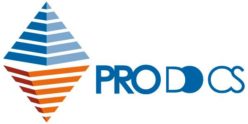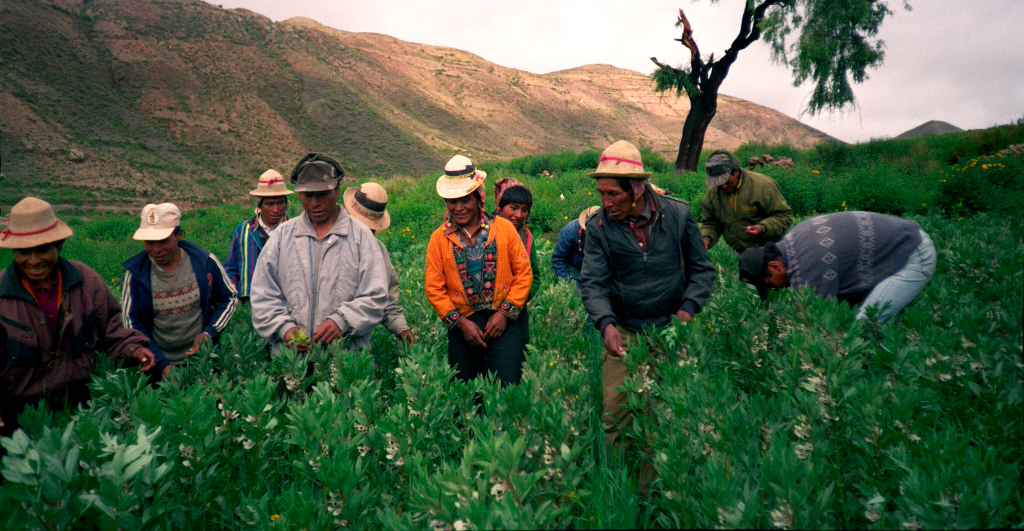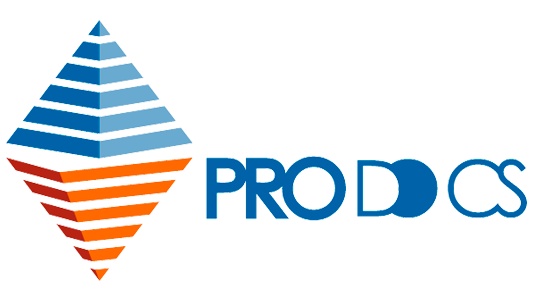


Cultural Association, born in 1981, has been recognized as Non-Governmental Organization of International Cooperation by Italian Ministry of Foreign Affairs in 1986, according to the Law 49/87:
PRO.DO.C.S. is member to FOCSIV, to the Italian NGOs Association and is member of UN Department of Public Information.
To promote
In association with other associative and local realities, PRO.DO.C.S. participates in National and International Campaigns, Nets and Coordinations to sensitize to solidarity and social justice.
Beginning in first 80’s in Italy grew a particular attention for the information and documentation themes: the deep changes in social politics, the development of new technologies, easing communication even between small groups, an informational culture permeating new legislative references, draw a continuously evolving world.
A Documentation Centre is not a Library, nor an Archive. Unlike those (that follow a unique reference model) the Documentation Centre is not easily suitable for a homogeneous reading: they differ from each other by reference themes, origin (public or private), by “age”. But it’s possible to find points to converge to and common inspirations: – transition from a linear to a reticular knowledge concept, with networking of every available information; – sources multiplicity: from the book (unique knowledge source) it goes through the informational and documentary productions (magazines, newspapers), to archives of biographic and autobiographic subjectivity; – transition from information ownership to information use: documentation is a resource not only attesting what has been, but it orientates the reading.
The term documentation could be written as Document’Action: this word involves the action that bring us to consider to document a living work, made not only of archiving and arranging stuff but even of selection, choice of what we meet on our way and we want to save.
Documentation exists since ever, even constituted as a Science in the end of 19th century, just in 1878.
It managed to gather and make available information elements useful to practice other human activities; memory of things, experiences valorization and opportunity to access useful information.
Who makes documentation needs the “lived” of each person, of his/her experiences, of his/her thinking: he/her has the responsibility to keep some information instead of others, to deepen matters he/her believes interesting or relevant to his/her profession. This work requires basic knowledge in the operating field, knowledge of advanced tools and technologies, communication techniques, marketing and services. It’s an active documentation, strained to produce a training path that allows to approach both faces making up documentation:
Training module: how it’s built

In Spanish, “SMALL VILLAGE”, with its bibliographic and documentary asset; it’s aimed to offer a wide DOCUMENTATION, exhaustive and updated about International Cooperation themes and geopolitical areas, about education to development, human rights and anthropological, social and juristic sciences, Volunteering and Third Sector. The DATA BANK is made of books, articles from national and international magazines, in original language, unpublished “grey stuff”, bibliographic research paths, directories of specialized centers and movements/organizations operating in the human rights field.
It retrieves and makes available a document set not easily accessible due to its limited circulation: conference acts, didactic units, project texts, departmental communications, thematic works made by various associations.
For the Aldea Centre activities in 1997 was constituted an equip for study and research, made up by experts in juristic matters, in human right education and didactics, creating a specialized division in the Centre, called C.A.D.U. – CENTRE ALDEA HUMAN RIGHTS. The research made by this equip focused on the new citizenship and gender rights, and the problems involved by the integration of strangers in EU area.
 DO.SVI – DONNE E SVILUPPO – dosvi@prodocs.org
DO.SVI – DONNE E SVILUPPO – dosvi@prodocs.orgPRO.DO.C.S. is endowed with the Documentation Centre of the ITALIAN ONG COORDINATION WOMEN AND DEVELOPMENT – DO.SVI., of which keeps the legal representation.
It deepens the themes of women rights starting from a gender view.
Carries on training activities about the specific matter of “women and development”, using the UPDATED STUFF continuously arriving to the Centre, particularly from the South of the world, and the participation in study days and meetings about those themes.
Institutionally cooperates with the specialized Centers. Prefers working with the Italian National Commission for Equal Opportunities.
In these countries the organization chose agro-zootechnical development programs, to deal in parallel with the question of the right to the land and to the independent property of the native communities. At this purpose, it worked in accordance with the respective Ministries of Agriculture and of Native Affairs in the different countries.
Its staff, expert in legal matters, dedicated to the study of the questions of traditional right in relation to the guidelines of the constitution in force in the countries.
In some cases, it contributed actively to the draft of statutory and regulating parts of the native right to be included in the regulations in force, as in the case of Peru and Chile.
Roma – Head Office: Via Etruria, 14 – 00183 – Tel +39 0677072773
Milano – Via A. Corti, 2 – 20133; marinabressan@virgilio.it
Perugia – Via Massari 1/A, – 06122; dancorin@libero.it
Vasto (CH) – Via A. Gramsci, 8 – 66054; florindobarisano56@gmail.com

IBAN IT 27 P 05216 03229 000000074274
BIC BPCVIT2S
Donations to NGOs for international cooperation programs are detractable from the income statement.

